How to Treat Dual Diagnosis
Table of Contents
Getting the right treatment for dual diagnosis can be life-changing. Many people dealing with addiction also face mental health disorders. When both exist together, treating just one won’t work. Without coordinated care, symptoms from one condition can make the other worse.
That’s why West Side Recovery offers integrated solutions for dual diagnosis. We use a science-based approach that combines medical detox, therapy, and mental health treatment. Our goal is to provide care that addresses both issues, giving every person the best chance at lasting recovery.
You’re not alone if you’ve been wondering how to treat dual diagnosis. At our San Diego center, we help individuals every day take control of both addiction and mental health.
Let’s explore dual diagnosis, how it is treated, and why West Side Recovery is the place to find effective support.
What Is Dual Diagnosis in Mental Health and Addiction?
The term “dual diagnosis” refers to someone who has both a mental health condition and a substance use disorder. This could mean depression and alcohol addiction, anxiety and opioid use, or many other combinations.
Often, mental health symptoms lead people to use substances to cope. For others, substance use may cause or worsen symptoms of a mental disorder. Either way, both issues need to be treated together.
Common dual diagnosis examples include PTSD with stimulant use, bipolar disorder with alcoholism, or anxiety with benzodiazepine dependency. Left untreated, either condition can block recovery.
Dual diagnosis symptoms can vary but often include mood swings, withdrawal from social activity, impulsive behavior, and thoughts of self-harm. Because symptoms overlap, getting an accurate diagnosis and integrated care is essential.
Our dual diagnosis program in San Diego begins with a complete assessment. From there, we create an individual care plan that includes therapy, medication if needed, and ongoing support. We know that treating both conditions simultaneously offers the best opportunity for long-term improvement.
In many cases, identifying one condition can shed light on the other. Depression, anxiety, trauma, and other psychological concerns often emerge more clearly once substance use is stabilized. This more profound clarity leads to more targeted therapeutic interventions.
Our team helps individuals gradually regain emotional balance and develop healthier coping mechanisms. With support, it becomes easier to manage daily stress, engage in treatment, and build a satisfying, drug-free life.
Treating Dual Diagnosis Patients with Medical and Therapeutic Support
Treating dual diagnosis patients means working on both disorders at once. At West Side Recovery, this often begins with medical detox. Our detox programs are safe, supervised, and designed to manage withdrawal symptoms from drugs or alcohol.
Once stabilized, clients can participate in therapy that supports both their addiction recovery and mental health. We offer cognitive behavioral therapy (CBT), dialectical behavior therapy (DBT), and trauma-informed care to help address underlying emotional issues.
CBT helps clients shift harmful thinking patterns. DBT teaches tools for emotional regulation and distress tolerance. These therapies are beneficial for those with co-occurring conditions like depression, borderline personality disorder, or trauma histories.
Our clinicians also support clients with medication-assisted treatment (MAT) when necessary. This can help reduce cravings, stabilize mood, and make therapy more effective.
We understand that dual diagnosis is complex. That’s why our programs also include art, yoga, and mindfulness activities to support the emotional and physical aspects of healing. This approach helps create a stronger foundation for recovery.
In addition, peer engagement is a vital piece of the treatment process. Group therapy sessions help individuals share their experiences in a judgment-free space. This interaction fosters accountability and reassures participants that they’re not alone.
Our case managers collaborate with clients to establish realistic recovery goals, manage medication schedules, and schedule follow-up appointments. Consistent engagement and access to mental health and substance abuse specialists play a significant role in improving long-term outcomes.
Clients also participate in structured daily routines, contributing to emotional balance and discipline. These routines offer predictability and a sense of purpose. Physical activity, nutrition education, and access to creative outlets like music and art also enhance overall wellness.
By creating a setting where individuals can fully focus on recovery, West Side Recovery helps remove distractions that can interfere with progress. This foundation supports personal growth and helps reduce the risk of relapse.
Dual Diagnosis Program Options at West Side Recovery
Our treatment center offers several levels of care for dual diagnoses, including our partial hospitalization program (PHP) and intensive outpatient program (IOP). These flexible formats allow clients to receive strong clinical support while gradually rebuilding daily life.
PHP provides structured, day-long support with therapy, education, and activities. IOP offers similar support during fewer hours each week, which is ideal for those transitioning from a higher level of care. These programs are designed to meet individuals where they are.
Each program includes one-on-one therapy, group sessions, psychiatric oversight, and holistic care, such as art, movement, and meditation. Clients also benefit from peer support and staff who understand dual diagnosis treatment challenges.
We also serve those who need drug detox or alcohol detox before beginning behavioral treatment. Clients dealing with opioid or fentanyl addiction can access medication-assisted detox to help manage the early stages of recovery.
Our San Diego rehab center gives each person space to heal without stigma. We focus on strengths and progress, not just problems. Our supportive environment encourages trust and confidence, making recovery feel more possible.
We also introduce creative and engaging activities such as surfing and skateboarding to encourage movement, enjoyment, and mental resilience. While these aren’t therapy replacements, they act as essential outlets during recovery.
West Side Recovery understands that healing happens in layers. A consistent and steady structure allows deeper change to unfold over time.
Each level of care is supported by trained clinicians who understand how to guide dual diagnosis clients without judgment. Whether someone is just beginning treatment or stepping down from a higher level of care, the process is steady, supportive, and focused on progress.
We offer regular evaluations to track each client’s progress. This strategy helps us identify what’s working and adjust what’s not, keeping recovery on the right path.
What Is the Dual Diagnosis Model of Treatment?
The dual diagnosis model of treatment is based on integrated care. That means both the addiction and mental health issues are addressed in one coordinated plan. This approach recognizes how these conditions interact and offers therapies that reflect both needs.
Rather than treating addiction first and mental health later, or vice versa, dual diagnosis care handles both at the same time. This increases the chance of long-term recovery and reduces the risk of relapse.
Clients at West Side Recovery benefit from personalized treatment. While no two cases are identical, our model uses consistent strategies like therapy, medical support, structure, and encouragement. By combining these tools, we offer clients more stability.
From CBT to EMDR, group therapy to medication management, our methods work together to help each client regain stability. We avoid generic methods and focus on what will make a difference.
This model also involves family support, life skills education, and relapse prevention tools. It creates a path for clients to move forward with clarity and support. These resources are designed to help individuals feel empowered in their recovery.
Our integrated model adapts to individual needs. That includes adjusting treatment intensity, evaluating medication efficacy, and identifying emotional triggers. Ongoing clinical review keeps care relevant and focused on progress.
Our therapists regularly assess each client’s mental state, addiction history, and current coping tools to provide precise interventions. Communication between medical and psychological staff further strengthens outcomes.
Our programs also include aftercare planning. This ensures that clients have continued access to therapy, support groups, and recovery coaching after they leave our facility. That continuity of care increases the chance of lasting success.
Call West Side Recovery Today
If you or someone you love is dealing with both addiction and mental health issues, real help is available. Dual diagnosis doesn’t mean you’re broken—it means you need a treatment plan that respects all aspects of what you’re facing.
At West Side Recovery, we make that care accessible and compassionate. Whether you’re stepping down from detox or just starting to consider rehab, we’re here to help you take the next step.
We know recovery is more than just a goal—it’s a process that requires commitment, structure, and care. With the right support, change is always possible.
Call 619-853-1670 today to speak with our admissions team. We’re ready to explain how our dual diagnosis program works and how we can support your recovery.
FAQs
Dual diagnosis means having both a mental health disorder and a substance use issue at the same time.
Examples include depression and alcohol addiction, anxiety and stimulant use, or PTSD and opioid dependency.
Treatment includes therapy, medication, detox support, and holistic care to address both conditions together.
This model treats both disorders simultaneously using a coordinated care plan involving therapy, medication, and support services.




